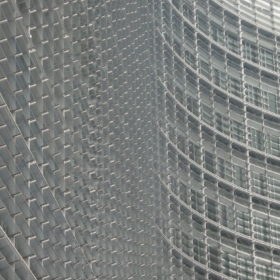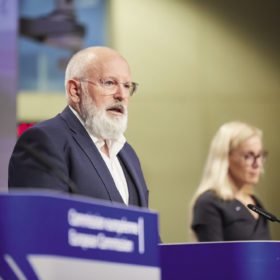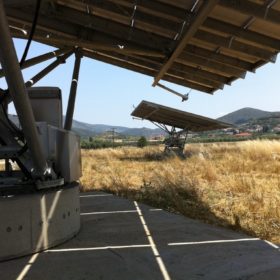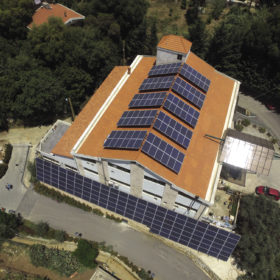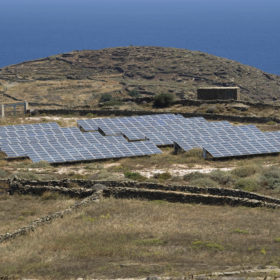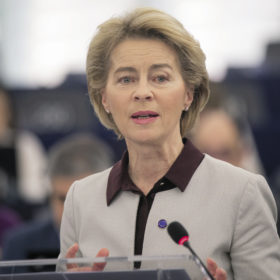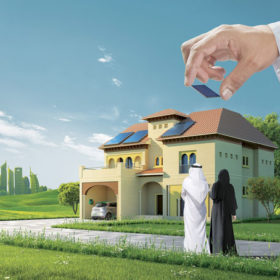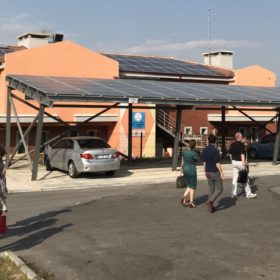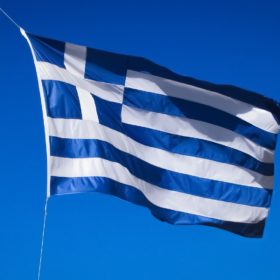Will a watered down EU Just Transition Fund still be effective?
The EU Council has rejected a Covid-inspired European Commission proposal for a €40 billion warchest to help coal-dependent regions shift to renewables, with the heads of member states instead allocating €17.5 billion. Despite the final figure being €10 billion higher than that suggested by the commission before coronavirus battered Europe, questions have been asked about how useful the program will be.
The weekend read: Starting a new industry
As a business prospect, producing hydrogen via sustainable means remains in its infancy. However, analysts appear increasingly certain that we are seeing the dawn of a vital new industry. In Europe, some countries (such as Germany and Portugal) have already adopted national strategies for the production and use of the fuel. And in July, the European Union also published a comprehensive hydrogen strategy as a central part of a climate-neutral Europe.
New low solar price in Greece but capacity falls short again as parliament passes €100m EV subsidy package
The price tariff agreed by German company ABO Wind for a 10 MW solar project in Igoumenitsa came in a tender which allocated only 142 MW of generation capacity, well short of the hoped-for 482 MW. It is hoped a slimline licensing process, to be applied in the next procurement round, will address the problem.
The weekend read: What Lebanon’s default means for PV
Lebanon failed to make a bond payment of $1.2 billion due on March 9 – the first sovereign default in the country’s history. pv magazine looks at how Lebanon’s debt troubles are now starting to affect the development of renewable energy.
Greek EV policy follows on the heels of environmental package
The government will table plans for EV purchase incentives and charging points after cutting through permitting red tape in recent legislation. A recent law has proved controversial in some quarters, though, as it brings the private sector into environmental licensing and resists calls to halt commercial development of protected areas.
The weekend read: A green road to recovery
In 2019, the European Commission presented the European Green Deal, under which it aims to become climate-neutral by 2050. In May of this year, the commission also unveiled a new instrument to fund the bloc’s recovery from the Covid-19 crisis, in line with the Green Deal principles. This reinforced the drive for renewables investment. pv magazine examines what the latest developments mean for solar.
Dubai utility clamps down on net-metered commercial solar
Dubai Electricity and Water Authority has published new regulations blocking ground-mounted commercial and industrial solar projects and capping rooftop installations at 2 MW.
Greece to tender up to 482 MW of PV in July, set up storage framework
The Greek energy regulator said on Wednesday that it wants to tender up to 482 MW of new solar capacity on July 27 for plants up to 20 MW in size.
Covid-19 puts brake on Turkey’s solar sector
The energy regulator has suspended part of the licensing process for net metering applications, bringing the country’s PV sector to a halt.
Greek utility eyes nation’s first subsidy-free PV project
The state-owned electric company, which has finally pivoted towards green energy, is developing a subsidy-free approach.
